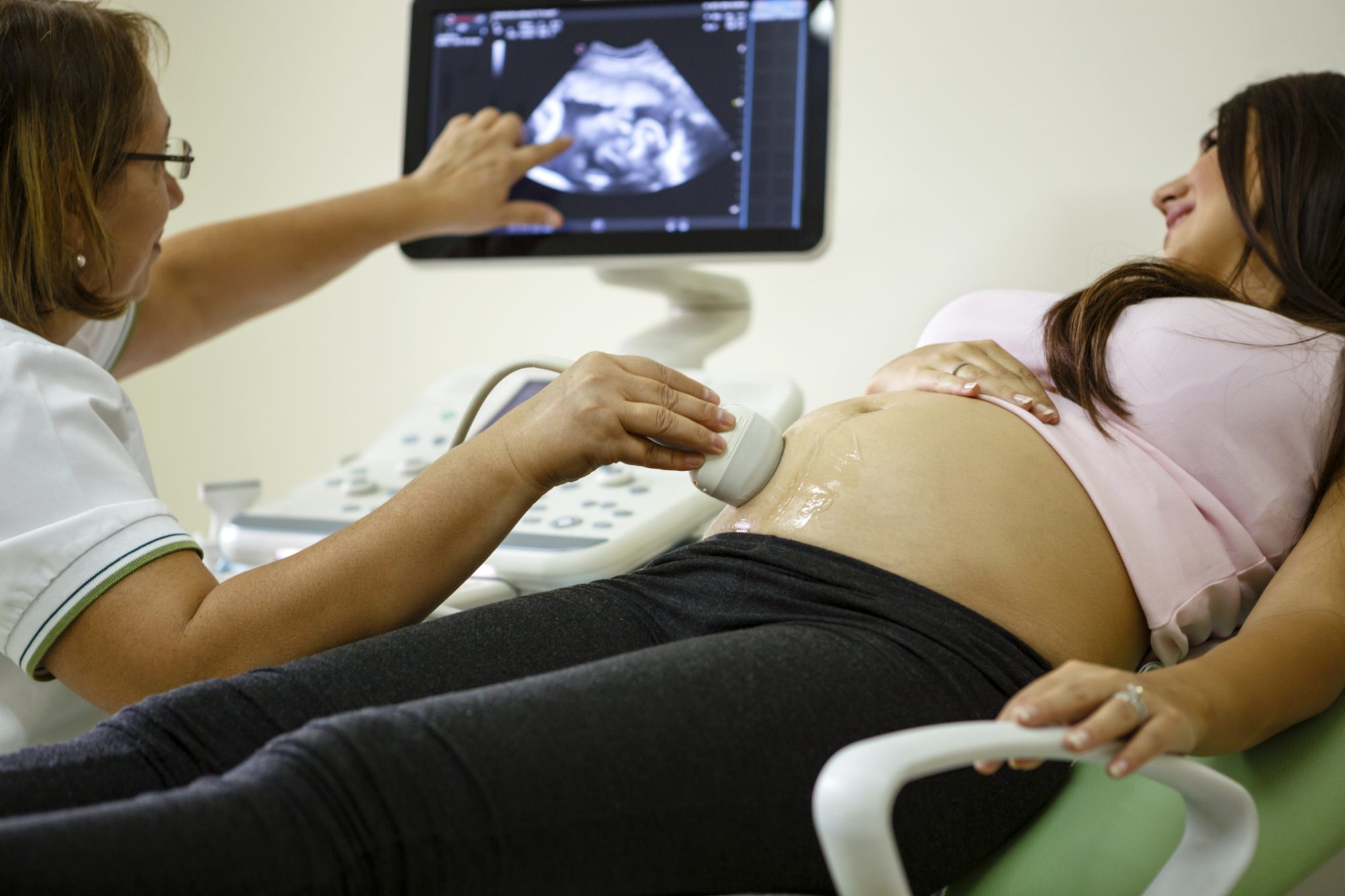OBJECTIVE: To measure the effect of access to prenatal care on unauthorized and low-income, new legal permanent resident immigrant women and their offspring.
METHODS: We used a difference-in-differences design that leverages the staggered rollout of Emergency Medicaid Plus by county from 2008 to 2013 as a natural experiment to estimate the effect on health service utilization for women and health outcomes for their infants. Regular Medicaid pregnancies were used as an additional control in a triple difference design.
RESULTS: Our sample included pregnancies covered by Emergency Medicaid (35,182), Emergency Medicaid Plus (12,510), and Medicaid (166,054). After expansion of access to prenatal care, there was an increase in prenatal visits (7.2 more visits, 95% CI 6.45–7.96), receipt of adequate prenatal care (28% increased rate, CI 26–31), rates of diabetes screening (61% increased rate, CI 56–66), and fetal ultrasonograms (74% increased rate, CI 72–76). Maternal access to prenatal care was also associated with an increased number of well child visits (0.24 more visits, CI 0.07–0.41), increased rates of recommended screenings and vaccines (0.04 increased probability, CI 0.002–0.074), and reduced infant mortality (−1.01/1,000, CI −1.42 to −0.60) and rates of extremely low birth weight (less than 1,000 g) (−1.33/1,000, CI −2.44 to −0.21).
CONCLUSION: Our results provide evidence of increased utilization and improved health outcomes for unauthorized immigrants and their children who are U.S. citizens after introduction of prenatal care expansion in Oregon. This study contributes to the debate around reauthorization of the Children’s Health Insurance Program in 2017.



